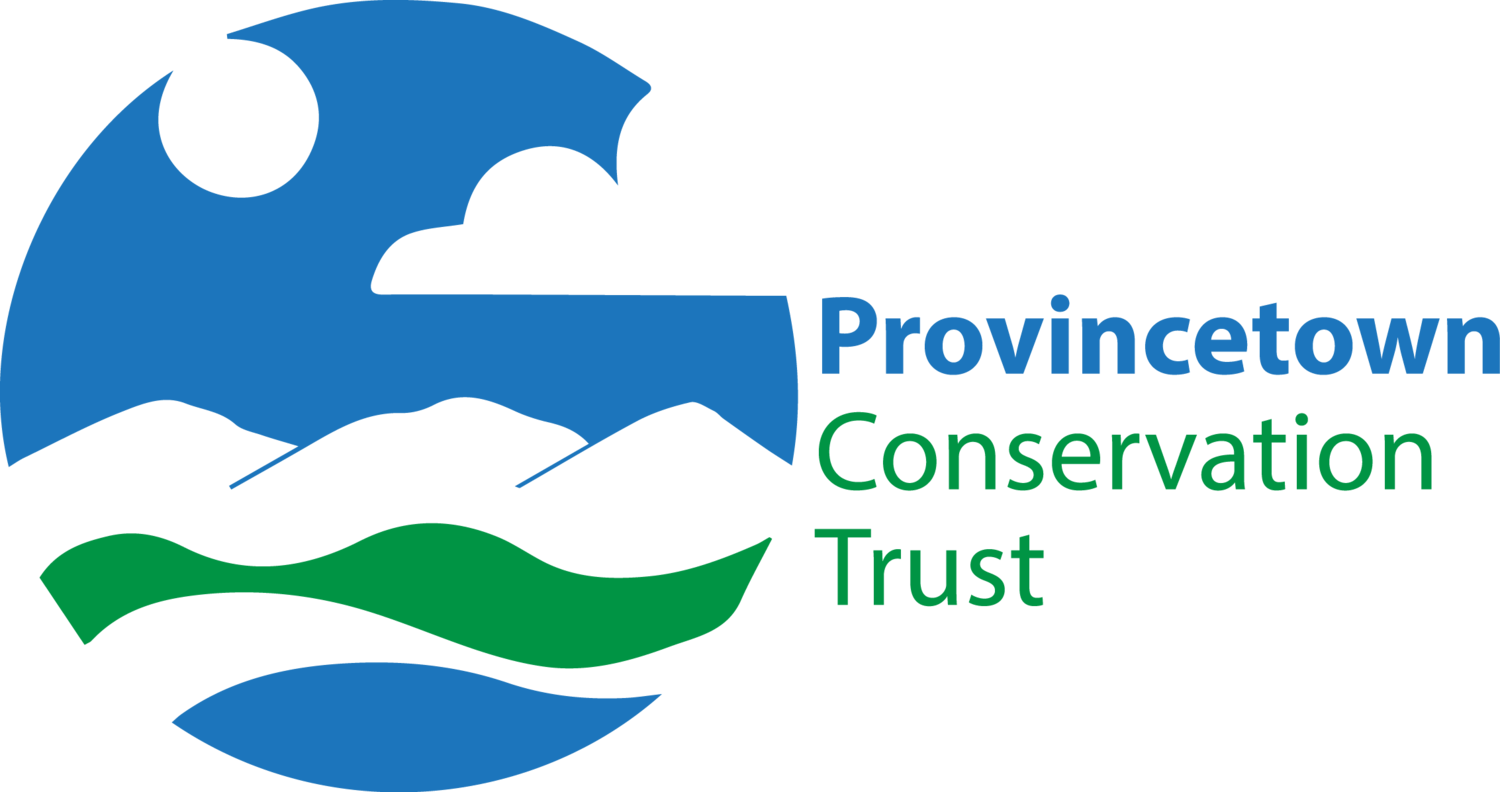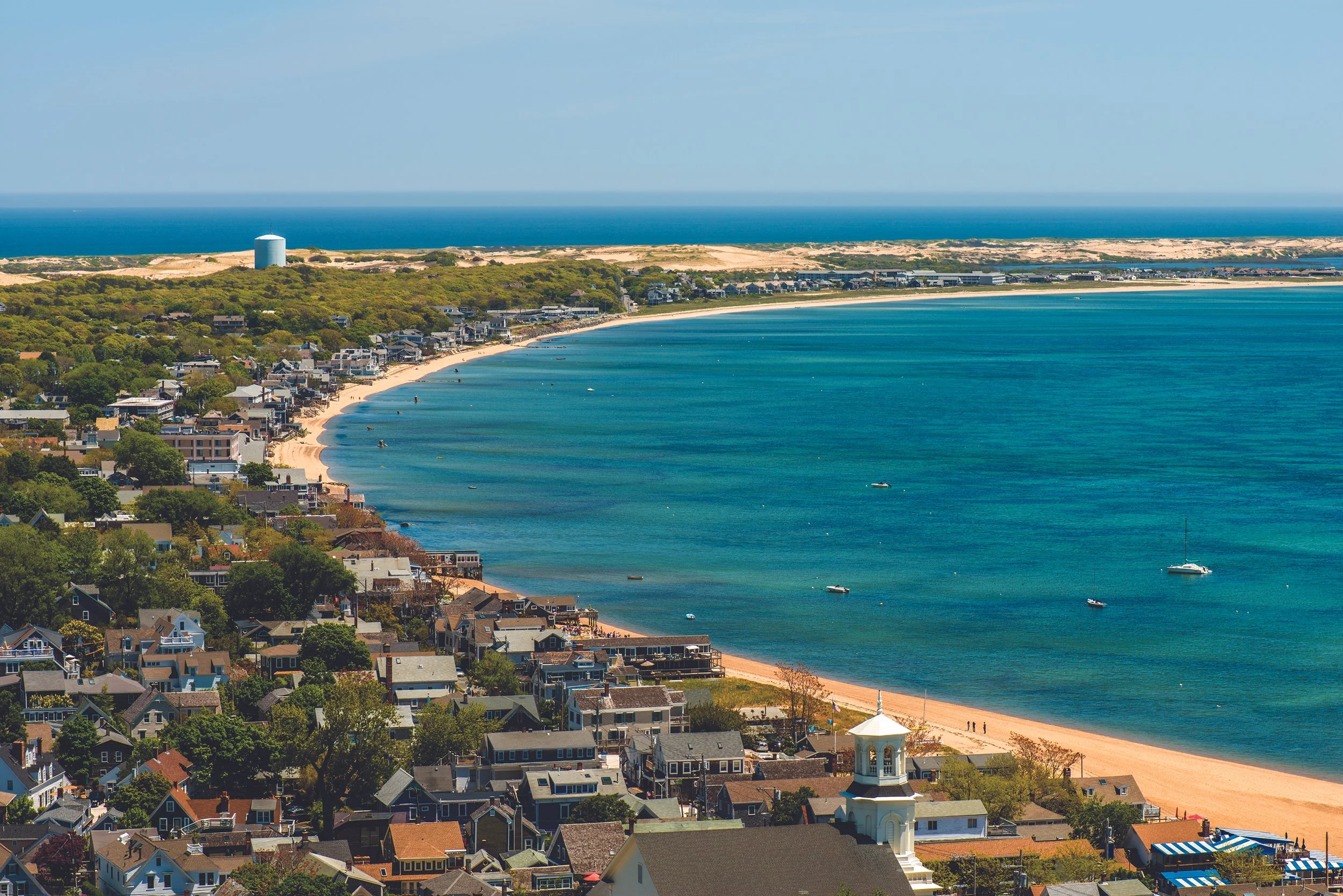Saving Land
The task is huge, and we are small
By Trustee Dennis Minsky
Published in the Provincetown independent on September 11, 2024
Somewhere in my disheveled archives sits a tattered yellow news clipping from the New York Times, circa 1980, that was pinned to the bulletin board over my desk for decades. It includes a photograph of a man on a bulldozer with an arrow protruding from his side. The man was part of a road-building operation through the Amazon jungle, and the arrow was a message from an Indigenous archer in the bush trying to save his home. Daily, I cheered that archer. (I hasten to add that I am glad the man was not killed.)
My personal cause is and always has been the preservation (and celebration) of the natural world. Since I can remember, I have been drawn to nature and concerned about the massive losses of our natural areas. Many others were of a like mind, especially in the 1960s, but we were still a minority. Today, environmental issues are necessarily front and center and perhaps even mainstream, but most Americans still take for granted the benefits they receive from nature; roughly half the country’s electorate is ready to support policies that threaten the very world we depend upon for survival. Many believe that we can maintain our lifestyles and expand and consume and develop as we always have and somehow be accommodated by the natural world. Sadly, they are mistaken.
It is early September, but I can still feel the hum and throb of humanity downtown, getting and spending; although I am not there, I know it is going on. Where I am, in the East End woods, it is purely quiet, save for the rustle of leaves in a gentle wind and a solitary plane droning overhead. The absence of sound is matched by the muted tones of green all around me. This is not the riot of spring nor the sober turning-down of fall but late summer seemingly suspended — a season on hold.
I come to these woods today not only for the restorative experience they always provide but to remind myself why I do this work. There are very few unbuilt acres in Provincetown, and they await their fate: to be allowed to continue their peaceful existence or be transformed into some version of human habitation? Only time will tell. Time and money.
The people I join in the cause of land conservation do not spend their time firing off arrows or wandering through the woods — though they might like to — but in meeting after meeting, conferring, deliberating, searching for grants and funding, and negotiating with landowners. It is a Sisyphean task.
While the residents of Provincetown, and the Cape in general, have been consistently in favor of conserving land, there are now so many other demands for their attention. Chief among them is the affordable housing crisis. Some factions present a false dichotomy of housing versus open space, which confuses the issue in people’s minds. And then there are all the other important causes that cry for our dollars. A survey of my mail attests to the plethora of needs in the world.
But land conservationists in Provincetown face another problem: the task is huge, and we are small. The Land Bank has largely been exhausted; our coffers are low. Other projects make our local efforts seem puny. There is an ongoing worldwide initiative called “30 by 30” to preserve 30 percent of the remaining land (and water) on the planet by 2030. What have we in Provincetown to offer? The Northeast Wilderness Trust reports the recent purchase of a “wilderness preserve” of over 6,000 acres in Vermont. After a recent donation, the Orleans Conservation Trust has over 700 acres in conservation. How can we compare?
In Provincetown, an acre is big, and it takes just as much effort to preserve it as does a larger parcel. In our densely settled town, a few thousand square feet makes a difference. We make the effort for all the usual reasons — climate change, storm protection, air and water quality — but also on behalf of the land itself and all the life it contains. It is our mission.
If an act is small in the aggregate universe, it is still meaningful: it must be. We defy the wastefulness of humanity when we recycle just one can or shut off our idling car. We give the lie to the national epidemic of rudeness with a simple act of civility. Each act is a single arrow launched into the world.

